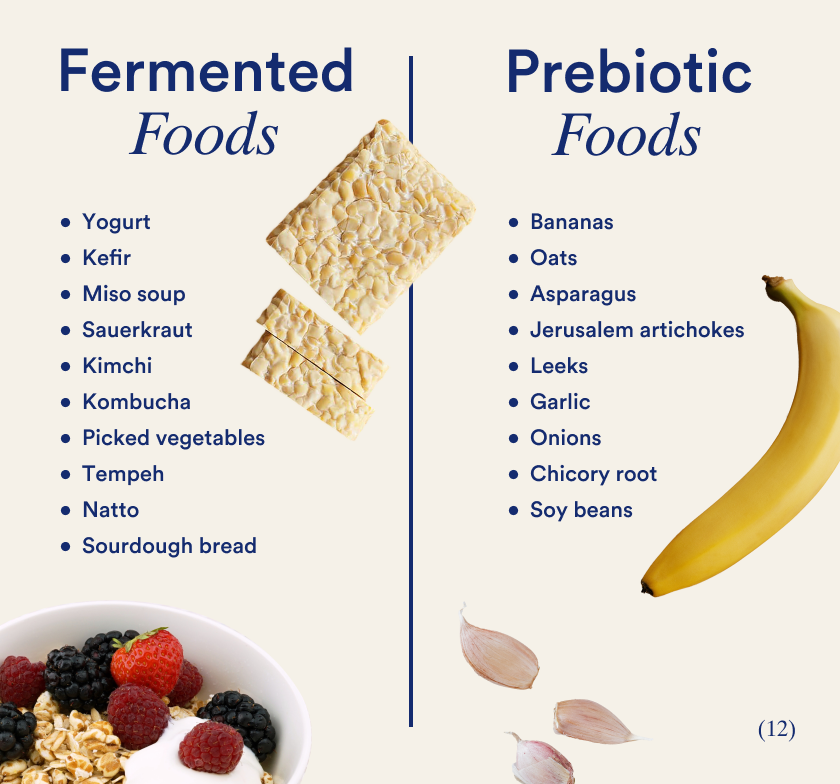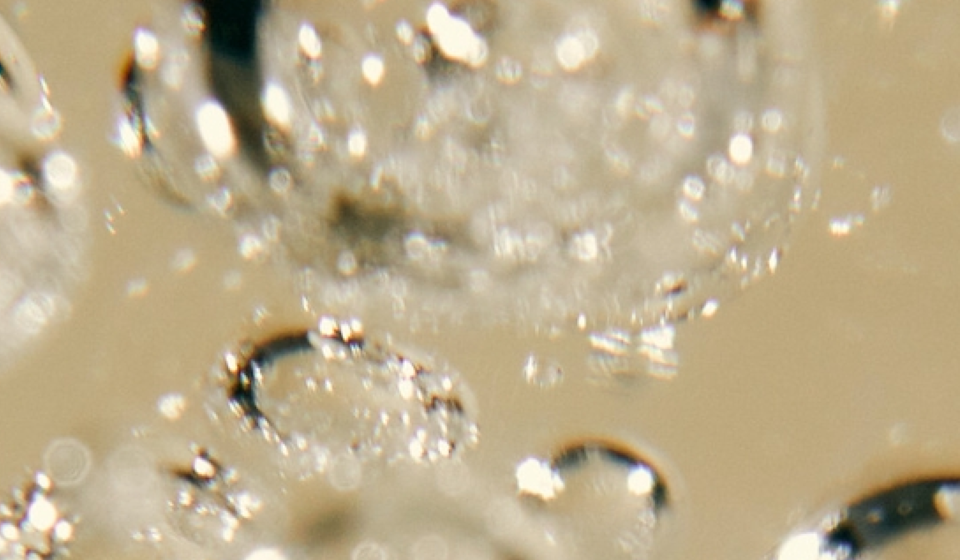Essential Takeaways
• We can’t talk about supporting gut health without discussing prebiotics and probiotics—two of the most commonly referenced terms when it comes to our gut.*
• Read on to learn the difference between prebiotics and probiotics, and why they’re both important in helping support our digestive health.*
But first... Are postbiotics the missing key to gut health?
Picture this: The year is 2022. Wellness is the name of the game—and so, it seems, is gut health. You, too, want to support your body, so you peruse social media and scroll through the Internet, bracing yourself for the inevitable onslaught. It doesn’t take long: Within seconds, mentions of probiotics and articles underscoring the importance of a balanced microbiome begin hijacking your attention. "You are what you eat," they read. "Or more accurately, you are what you feed the trillions of microorganisms that live in your gut."*
Dazed, and just a little bit confused, you dig deeper. You’re on a mission and will not be stopped until you find the answers: Is that statement even true? What, exactly, are probiotics? What are these prebiotics they speak of? How do both support the gut, and how might you use this knowledge to serve your body best? Embarking on the path to support digestive health doesn’t have to be a dystopia—as skeptics who have been in your shoes, we’re here to demystify the process. Keep scrolling to learn the differences between a probiotic and a prebiotic, and why they’re both key components in supporting gut health.*













